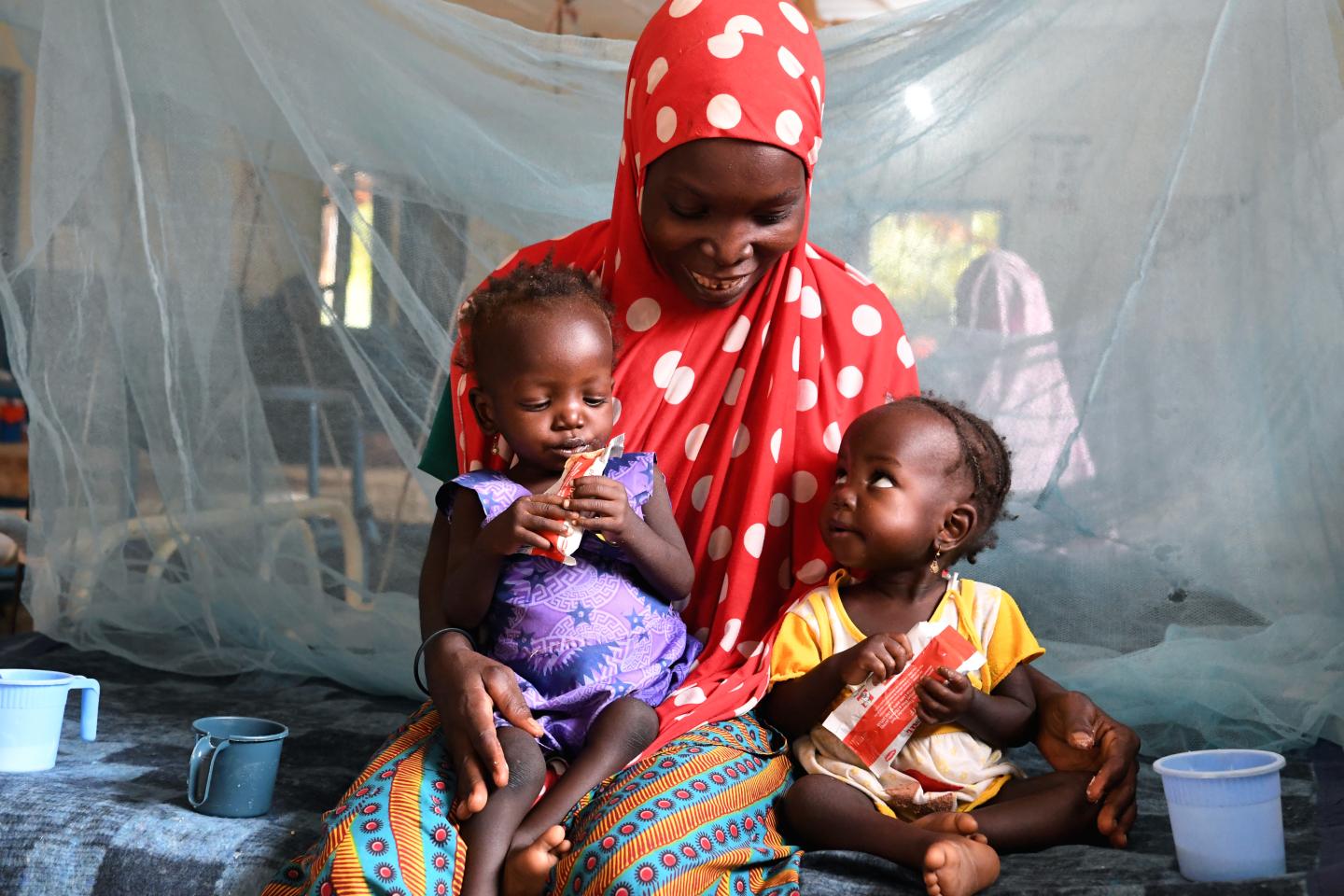
Four African countries—Nigeria, Kenya, Somalia, and South Sudan—are on the brink of a humanitarian catastrophe as they face a severe shortage of ready-to-use therapeutic food (RUTF), a lifesaving intervention for children suffering from severe acute malnutrition.
Experts warn that declining global funding for nutrition programs could leave millions of children without access to treatment, with potentially deadly consequences.
RUTF, a nutrient-dense paste typically made from peanuts, powdered milk, sugar, oil, vitamins, and minerals, has been a cornerstone of malnutrition treatment for decades.
Packaged in airtight sachets, it is ready to eat, requires no refrigeration, and can be administered in communities with limited health infrastructure.
Over the past thirty years, these therapeutic foods have saved millions of young lives, reducing the risk of mortality from common illnesses like diarrhea and pneumonia by up to nine times in severely malnourished children.
Nigeria is among the hardest-hit countries, with an estimated 3.5 million children under five affected by severe acute malnutrition, particularly in the northeast and northwest regions plagued by conflict, food insecurity, and climate instability.
To sustain nutrition programs through the lean season, at least 629,000 cartons of RUTF are required, yet budget shortfalls have placed these targets out of reach. In northern Kenya, approximately 2.8 million people face acute food insecurity, with children exposed to the compounded effects of droughts and floods.
In South Sudan, the number of children at risk of severe malnutrition is projected to rise to 714,000 in 2025, yet only one-third received treatment in the first half of the year due to the closure of nutrition centers. Somalia faces a similar crisis, exacerbated by ongoing conflict, drought, and displacement.
Save the Children estimates that by 2025, 15.6 million people, including 2.3 million children, could be deprived of lifesaving therapeutic food if urgent action is not taken.
Save the Children and other NGOs are calling for massive reinvestment in nutrition programs.
“Therapeutic foods are neither sophisticated nor expensive to produce, but their impact is colossal,” the NGO warns.
Treating a child with RUTF costs roughly US$50—a modest investment with the power to save a life. Without renewed international commitment, this preventable crisis could decimate an entire generation of children in Africa’s most vulnerable countries.



